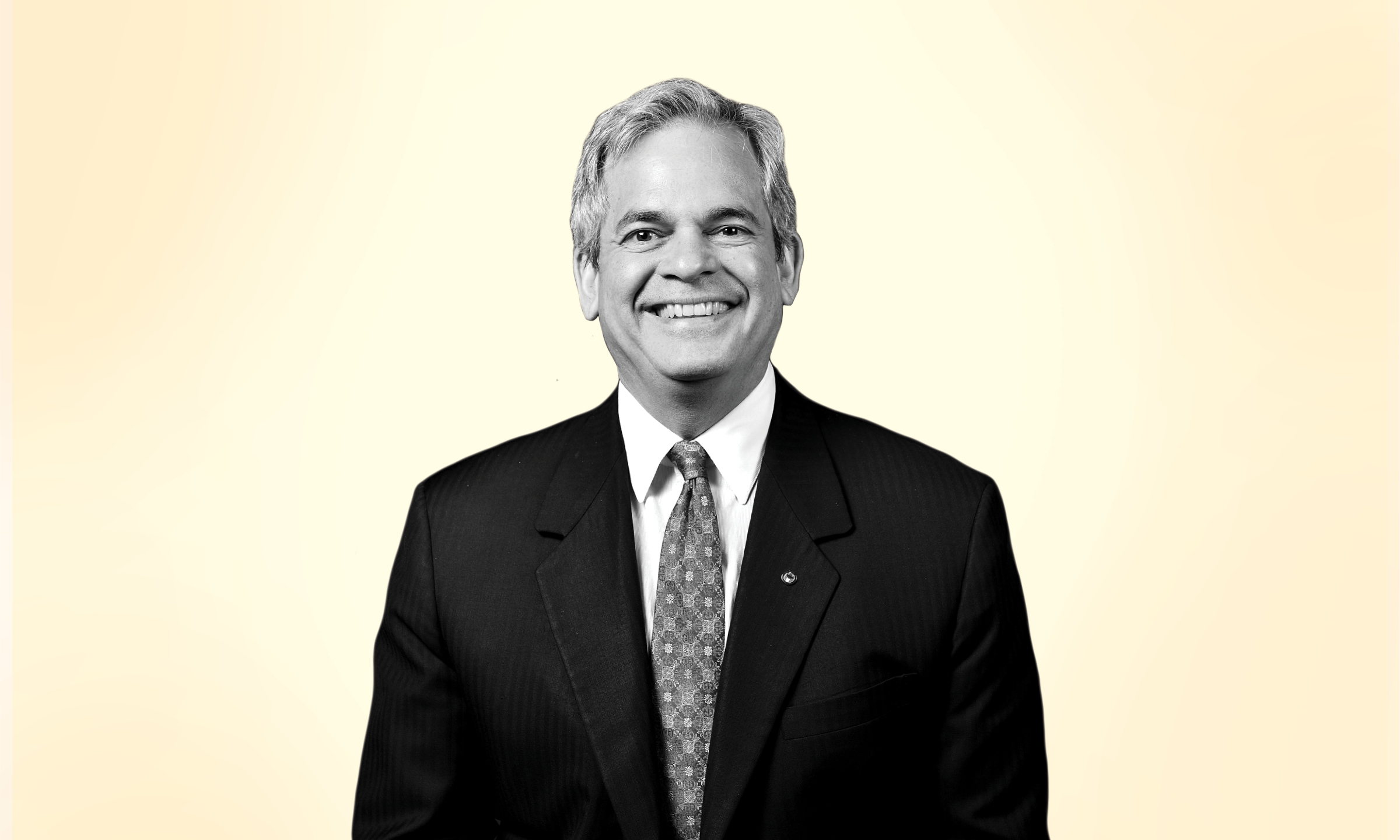In our community, “Keep Austin Weird” is more than just a catchy slogan. It is the way people, policymakers and businesses of Austin think outside the box. This way of life has allowed Austin to become a beacon of innovation, a model for other cities, and a desirable location for companies to move to and grow, even amid a pandemic.
As cities across the world transition to the new normal, they need to find ways to support citizens and employers to work in new ways.
For technology companies in particular, new workplace models have kept employees safe without sacrificing productivity, leading to a boom in the Austin tech sector. This boom is evidenced by Tesla choosing the Austin area for its new $1.1 billion manufacturing facility and software giant Oracle relocating its corporate headquarters here.
During the pandemic, we have worked to help Austin businesses continue growing and partnered with nonprofits like Workforce Solutions to offer pathways to financial stability to thousands of Austin residents.
Over the past 12 months, more than 11,000 new “remote work” employment opportunities opened in Austin, a significant spike from the 4,500 jobs posted in the previous year. Even into 2021, remote work has remained a crucial component for Austinites—including those seeking employment. We’ve focused on supporting career training in Austin’s most in-demand industries (information technology, health care, manufacturing and skilled trades) and a rapid job-training program emphasizing remote and hybrid workplaces.
Since the launch of the training program, RE:WorkNOW, Workforce Solutions has experienced a tenfold demand for remote workforce training and has enrolled more people in an activity in the first four months of 2021 than they typically would have in an entire year.
Today, Austin’s unemployment rate of 4.4% is one of the lowest among major U.S. cities, well below the state average of 6.5%.
It helps that Austin is such a magical place to live, work and play. Fostering an environment recognized for its cultural, culinary and social scenes helps keep a city on the radars of employers and remote workers alike.
Connectivity is also crucial for city residents. Austin’s $7.1 billion transit system plan, Project Connect, will bring light rail and expanded transit connectivity. And placemaking in areas around stations will help highlight just what keeps Austin weird.
Steve Adler is Mayor of Austin, Texas
- The 100 Most Influential People of 2024
- Coco Gauff Is Playing for Herself Now
- Scenes From Pro-Palestinian Encampments Across U.S. Universities
- 6 Compliments That Land Every Time
- If You're Dating Right Now, You're Brave: Column
- The AI That Could Heal a Divided Internet
- Fallout Is a Brilliant Model for the Future of Video Game Adaptations
- Want Weekly Recs on What to Watch, Read, and More? Sign Up for Worth Your Time
